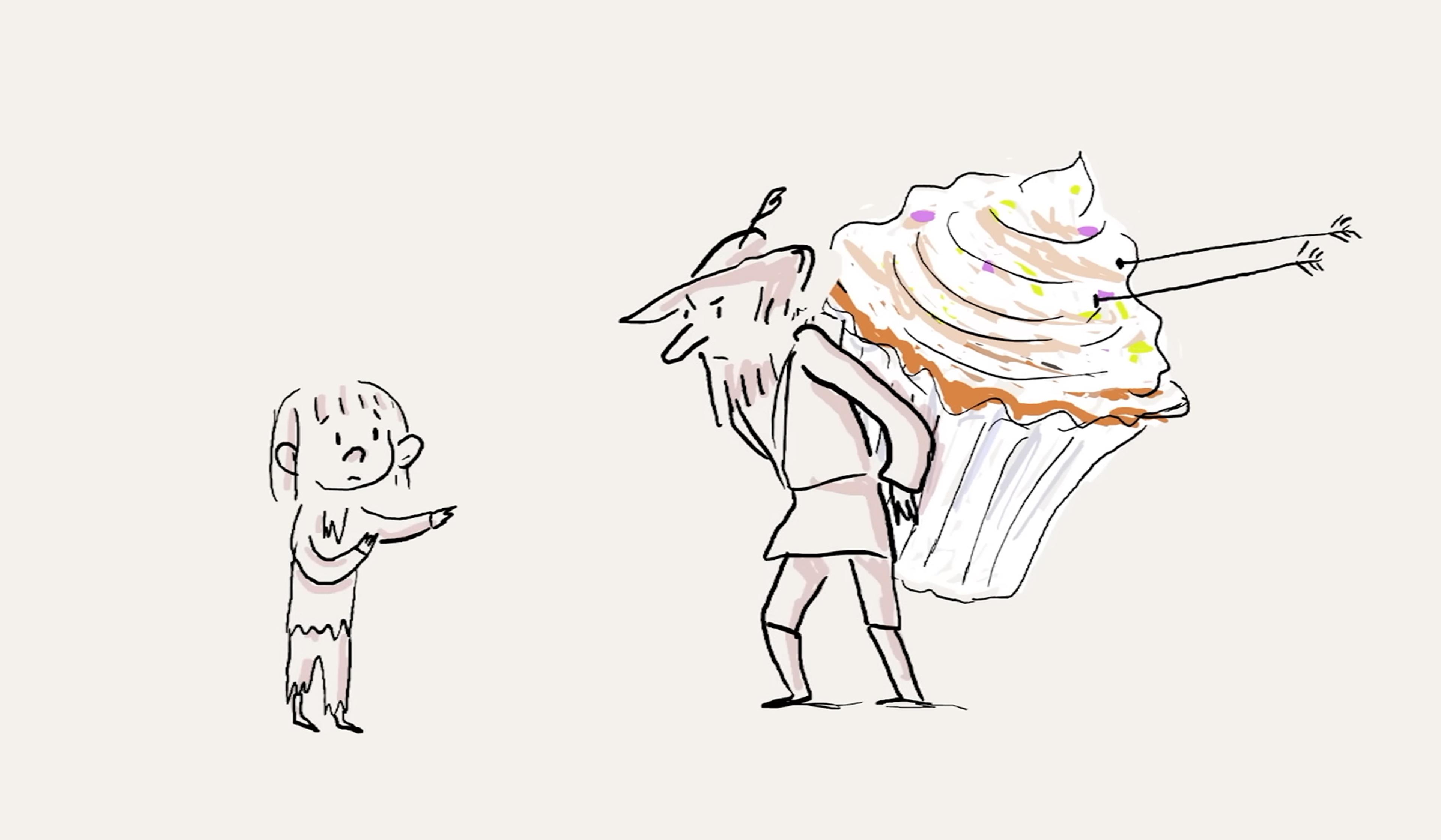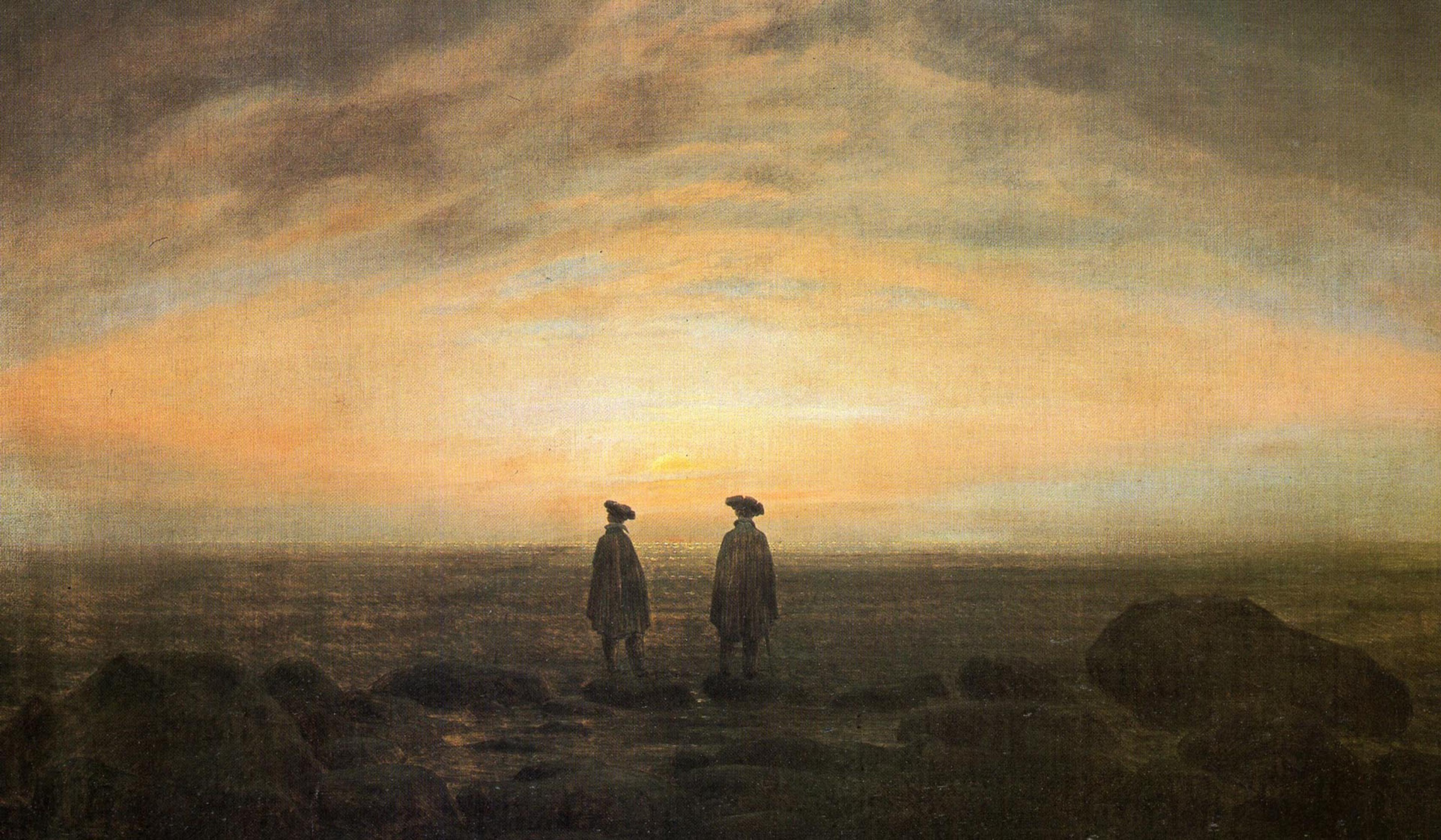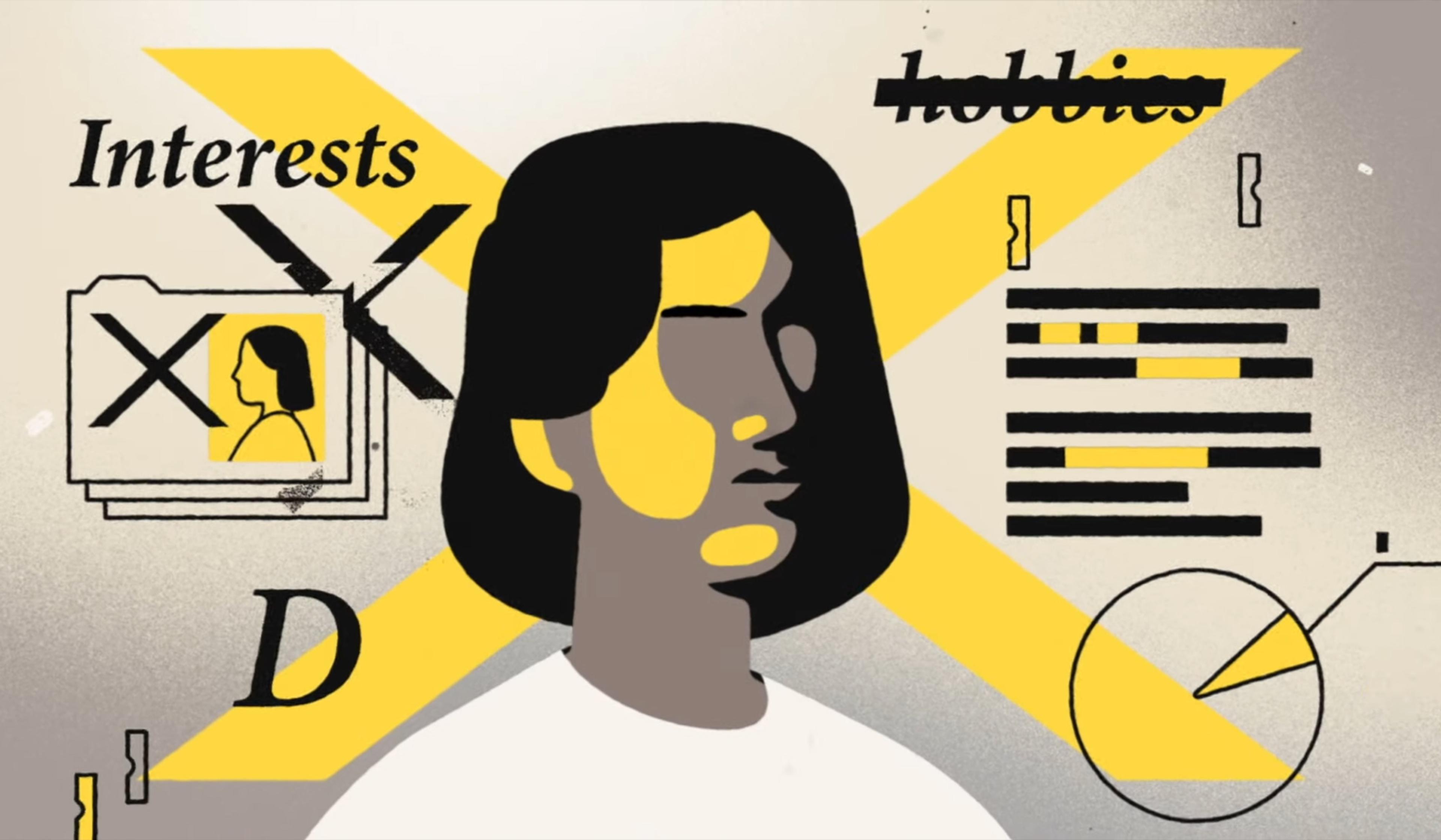Both Jean-Jacques Rousseau and his friend Adam Smith agreed that modern humans were vain creatures, ceaselessly adjusting and masking themselves to gain the favour of others. However, as this short video from BBC Global explains, the two 18th-century intellectual heavyweights arrived at very different conclusions regarding whether this state of human affairs was a great social ill or a social benefit. Exploring both of their perspectives, Nat Rutherford – a lecturer in political theory at Royal Holloway, University of London – details why Rousseau believed vanity left us incapable of genuine self-assessment, while Smith thought it was indispensable if modern societies were to flourish.
Why Jean-Jacques Rousseau and Adam Smith were divided on the virtues of vanity
Video by BBC Global
Writer and host: Nat Rutheford

videoCosmopolitanism
Is the introspection of self-help and therapy hurting our ability to empathise?
10 minutes

videoHistory of ideas
What can the Romantics teach us about confronting modern problems?
20 minutes

videoEthics
For Iris Murdoch, selfishness is a fault that can be solved by reframing the world
6 minutes

videoHistory of ideas
The self is not always selfish: Mary Midgley takes on Richard Dawkins
28 minutes

videoBeauty and aesthetics
Simone de Beauvoir on why women must reject the ‘feminine’ to become free and equal
2 minutes

videoHistory of ideas
Socrates believed self-knowledge was essential. Today, we wonder if there’s even a self to know
2 minutes

videoFuture of technology
Tech companies shroud their algorithms in secrecy. It’s time to pry open the black box
4 minutes

videoHistory of ideas
If, as Shakespeare suggested, all the world’s a stage, do we have a ‘true self’?
2 minutes

videoPolitical philosophy
Beyond the veil – what rules would govern John Rawls’s ‘realistic Utopia’?
6 minutes